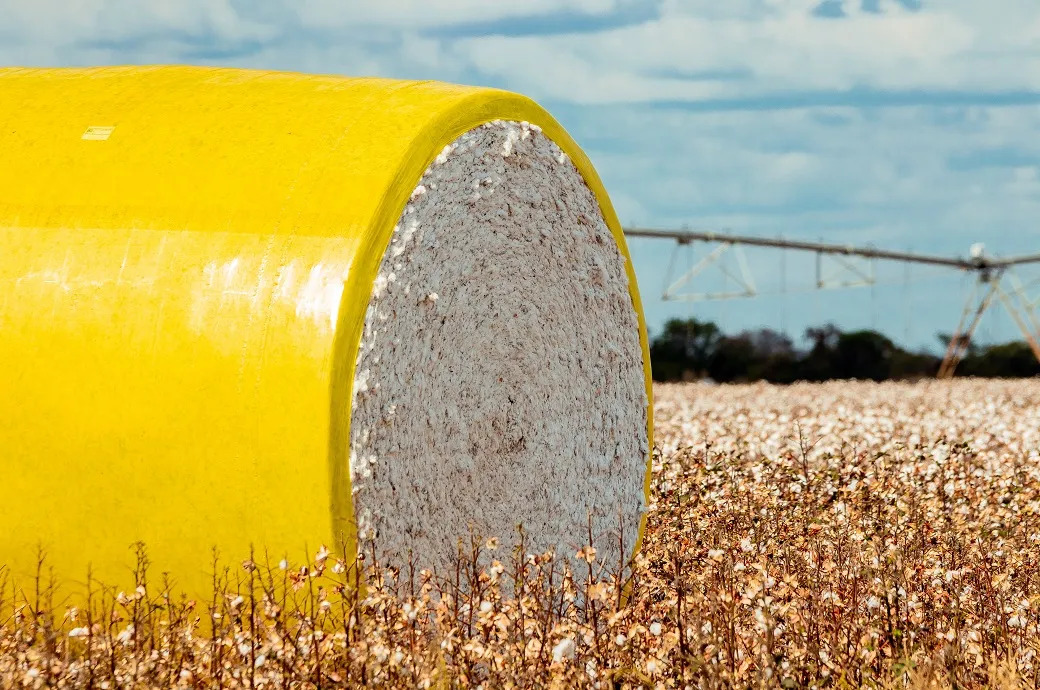"FY 2019 has been a mixed year for Indian textile companies. For smaller companies like Morarjee Textiles, Bombay Rayon Fashions, Mafatlal and JCT, it was a challenging year as their quarterly earnings slipped below given estimates. However, for bigger companies like Arvind Mills, Raymond, Vardhman Textiles and Grasim Industries, the year yielded a positive outlook despite a challenging global business environment."
 FY 2019 has been a mixed year for Indian textile companies. For smaller companies like Morarjee Textiles, Bombay Rayon Fashions, Mafatlal and JCT, it was a challenging year as their quarterly earnings slipped below given estimates. However, for bigger companies like Arvind Mills, Raymond, Vardhman Textiles and Grasim Industries, the year yielded a positive outlook despite a challenging global business environment. Not only did these companies record higher growth in production and exports of garments, their revenues along the integrated chain also increased.
FY 2019 has been a mixed year for Indian textile companies. For smaller companies like Morarjee Textiles, Bombay Rayon Fashions, Mafatlal and JCT, it was a challenging year as their quarterly earnings slipped below given estimates. However, for bigger companies like Arvind Mills, Raymond, Vardhman Textiles and Grasim Industries, the year yielded a positive outlook despite a challenging global business environment. Not only did these companies record higher growth in production and exports of garments, their revenues along the integrated chain also increased.
Raymond to launch eco-friendly fabrics
India’s largest textile and global conglomerate Raymond had a  robust FY ’19 as its revenue from the textile segment in the third quarter increased 10.3 per cent to Rs 847.7 crore from the earlier Rs 768.4 crore. The company’s revenue in the second quarter from branded textiles increased by 15 per cent to Rs 884 crore. The company is currently embarking on an expansion project by collaborating with Reliance Industries. This joint venture will launch the eco-friendly range of fabrics, Ecovera which will be manufactured using R|Elan, a technology from Reliance.
robust FY ’19 as its revenue from the textile segment in the third quarter increased 10.3 per cent to Rs 847.7 crore from the earlier Rs 768.4 crore. The company’s revenue in the second quarter from branded textiles increased by 15 per cent to Rs 884 crore. The company is currently embarking on an expansion project by collaborating with Reliance Industries. This joint venture will launch the eco-friendly range of fabrics, Ecovera which will be manufactured using R|Elan, a technology from Reliance.
Arvind to increase manufacturing capacity
Ahmedabad-based textile manufacturer Arvind Mills demerged into three separate entities in November 2018. The company’s consolidated revenue of the continuing business for Q3 of FY ’19 decreased by 1 per cent year-on-year from Rs. 1,691 crore in Q3 of FY ’18 to Rs. 1,680 crore in Q3 of FY ’19. The management attributed this decline to lower volume sales by 5 million metres in the denim business.
The company produces nearly 250 million of fabric annually but converts only 10 per cent of this into garments. It now plans to increase this to 40 per cent over the next three years and 50 per cent by 2020. The company also plans to use more of its looms and mills for contract manufacturing of garments.
Yarn, fiber development focus for Vardhman Textiles
The revenue of Vardhman Textiles’ increased by 12.3 per cent year-on-year and 8.2 per cent quarter-on-quarter to Rs. 1,648 crore. Its revenue in Q2 of FY ’19 grew by 27.7 per cent year-on-year and 10.3 per cent year-on-year to Rs. 118 crore and Rs. 1,592 crore from the acrylic fibre and textiles segments respectively. The company plans to invest Rs 1,500 crore in its fabric and yarn manufacturing facilities over the next 2-3 years It also expects its fabric division to be more profitable compared to yarn division owing to less capital requirement.
Grasim Industries to expand India operations
Production of viscose stable fiber by Grasim Industries  increased by 11 per cent to 141,000 tonnes in Q3. Its sales volume increased to 134,000 tonnes, The net revenue of the company n Q2 of FY ’19 increased by 23 per cent to Rs. 2,606 crore.
increased by 11 per cent to 141,000 tonnes in Q3. Its sales volume increased to 134,000 tonnes, The net revenue of the company n Q2 of FY ’19 increased by 23 per cent to Rs. 2,606 crore.
The VSF business of the company will continue to expand in India by partnering with the textile value chains, achieving better customer connect through its brands Liva and Livaeco and enriching the product mix through a larger share of specialty fibres.
Morarjee Textiles to integrate supply chain
Ashok Piramal Group’s Morarjee Textiles reported a net loss of Rs 5.8 crore in Q3 ending December 2018. However, the company’s net sales increased by 0.08 per cent to Rs. 95.3 crore from Rs. 95.2 crore in the corresponding period.
In May last fiscal, the company undertook a backward integration project to incorporate its manufacturing processes and to reduce the dependence on vendors of yarn and woven fabric. The expansion project enabled the company to integrate its spinning, weaving and printing activities and thereby improve profits margins.












